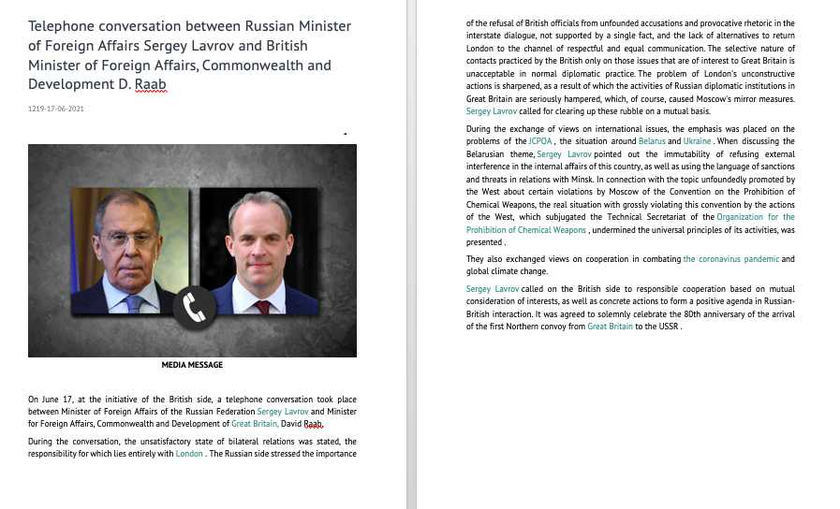Here at "The Gaggle" we have very little time for the "more Leftie than thou" school of thought--that's the approach to life according to which the only thing that matters is whether you take the right position on every issue under the sun from Abortion to Zelensky. No one in the world meets the exacting standards of this school of thought; any Leftie leader anywhere is always selling out to the bankers and the capitalists. The perfect exemplar of this is the unreadable Jacobin magazine.
The other day I came across this article from 2021. It's a celebration of trade union power. And not simply trade union power, but the use of trade union power to secure political goals. Of course (and this is always the case with the "more Leftie than thou" crowd), this glorious, never-to-be-forgotten moment on the history of organized labor took place many years ago--in the summer of 1974 to be exact. Yes, almost half a century has gone by since that thrilling moment when the working-class movement of Australia mobilized and prepared to seize the means of production, distribution and exchange.
Well, not quite. Organized labor went into action against...Ol' Blue Eyes, the Chairman of the Board, the Voice; yes, Frank Sinatra. Why? What had Sinatra done? Sinatra was certainly very rich, and he owned a variety of properties and businesses. But if the Australian trade union movement were, understandably, searching for the bright, incandescent spark that would finally awaken the working class from its slumber there were surely richer, greedier, more dishonest, more decadent, above all more Australian individuals it could have discovered. Australia was never short of them. Rupert Murdoch immediately springs to mind. Why Sinatra?
















